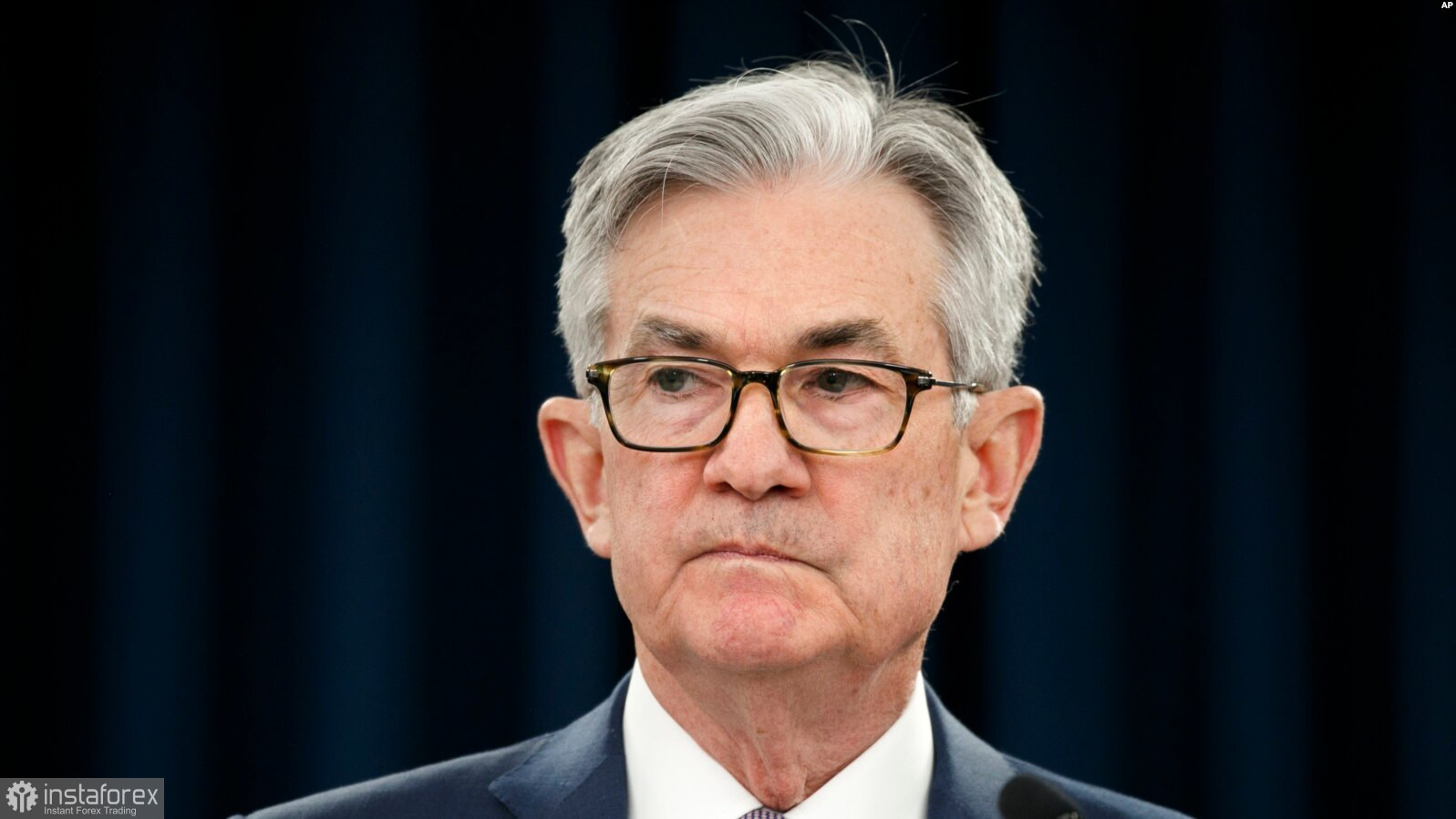
In the last few weeks, key US stock indices have started to rise again. However, we have repeatedly said that now is a favorable time for their growth, although they have already grown quite strongly over the past year and a half. It is because the Fed's stimulus program is still functioning, filling the economy with $120 billion every month. Naturally, this money settles on the markets, in particular on the cryptocurrency and stock markets. Investors are fleeing from inflation, which has reached record levels for 13 years in the US and threatens to update 30-year anti-records. Thus, investors are interested in investing their funds in those instruments that are capable of not just generating a certain income (dividends on stocks, bonds) but which are growing in price to hedge inflationary losses. And, since they have more and more money at the same time, it is natural that they invest it in the most profitable, albeit risky investments. According to many experts, the US stock market has long been oversaturated and may collapse at any moment. However, as long as the Fed continues to buy bonds and mortgage-backed securities, the US stock market may continue to show growth.
At the same time, the stronger the probability of curtailing the QE program becomes, the greater the probability of completing the growth of stock indices. On Friday, Jerome Powell, chairman of the Fed, again hinted that his organization is on the way to reducing quantitative stimulus. It is a bearish signal for the stock market. However, there were also "bullish" signals. For example, Powell's words that inflation is likely to remain at high values in 2022. This attitude of the head of the Fed makes it clear to investors that their investment strategy is correct at this time.
Consequently, the growth of key stock indices may continue. Jerome Powell also made it clear once again that no one will rush to make key decisions. According to him, the labor market is still far from the levels of maximum employment. Therefore, it needs to be allowed to continue the recovery. No one is thinking about raising the rate now in the Federal Reserve, which is logical, given that QE must first be fully completed, and only after that will it be possible to raise rates. "The time to reduce our asset purchases is approaching. It would be premature to tighten policy using rates now, as this could slow down job growth," Powell said on Friday. Thus, his words had only a local impact on the stock market. By and large, nothing has changed, but it may change on November 3, when the next Fed meeting ends.





















